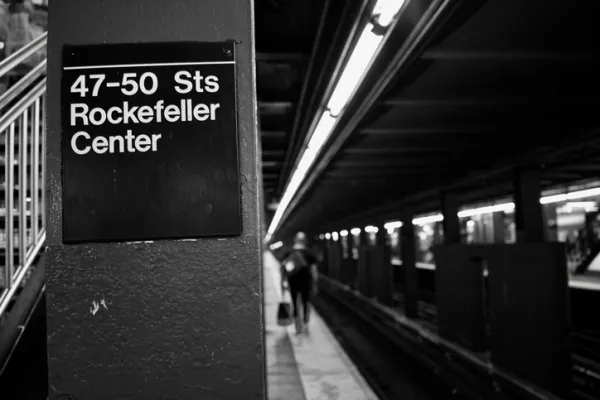It’s official: SAC Capital Advisors is not going out of business...at least not right now. Federal prosecutors and lawyers for Steven Cohen’s hedge fund firm reached a formal agreement to allow the firm to operate while the criminal case against it proceeds, according to Reuters, citing a source briefed on the matter. Under the deal, SAC must retain the vast majority of Cohen’s assets.
---
For a low-rent retailer, J.C. Penney has sure gotten a lot of attention from billionaires who probably haven’t shopped there in decades. Late Friday afternoon, Richard Perry’s Perry Corp. hedge fund firm said it owned 7.26 percent of the embattled retailer. It paid between $14.50 and nearly $18 for its 16 million shares between June 12 and August 1. Perry bought three-quarters of the stake in June, however. In its filing, Perry also said it has long credit exposure to Penney through derivative transactions that do not provide voting power.
Earlier in the day, William Ackman’s Pershing Square Capital Management requested that retailer’s board get rid of chairman Tom Engibous. Ackman said the board isn’t functioning effectively, major personnel decisions are being made without the advice of all directors and important financial information is being withheld from him, according to a letter obtained by Bloomberg. On Thursday, Pershing Square sent a letter urging the retailer’s board to find a permanent chief executive officer. According to CNBC, Ackman told the board he is “very concerned” about the retailer’s future and is concerned they are taking too long to replace Mike Ullman, who was brought in on an interim basis in April after J.C. Penney fired former Apple executive Ron Johnson. Meanwhile, on Friday afternoon Starbucks founder Howard Schultz called on the J.C. Penney board to get rid of Ackman as a director. The stock slumped nearly 6 percent, to $12.87, on Friday after surging more than 7 percent on Thursday.
---
Separately, Perry Corp. reported that it boosted the value of its equity portfolio to $3.9 billion at the end of the second quarter, from $3.15 billion three months earlier. Its largest holding is a $650 million bet on calls on an exchange-traded fund that tracks the S&P 500. It also has a $465 million position in puts on the iShares ETFs that track the U.S. real estate market. His next biggest long positions are in shares of American International Group and Fedex.
---
Several entities controlled by David Einhorn’s Greenlight hedge fund on August 6 sold 1.5 million shares of Einstein Noah Restaurant Group for $15.52 per share. It still leaves the activist hedge fund with more than half of the outstanding shares.
---
Starboard Value LP’s equities portfolio climbed nearly 30 percent, to $1.4 billion, at the end of the second quarter, compared with the prior three-month period. The hedge fund, managed by Jeffrey Smith’s firm Starboard Value, counted Smithfield Foods and Office Depot as its largest holdings. In June the activist hedge fund sent a letter to Smithfield’s board urging the food processor to seek a higher price for the company than the $34 a share offer from Shuanghui International Holdings that it agreed to on May 29. The hedge fund claims its sum-of-the parts value of the company’s operating divisions far exceeds the price of the stock. It is calling for a separation of its varied businesses. Meanwhile, Starboard is embroiled in a proxy fight with Office Depot.
---
Priceline.com, one of the most popular stocks among hedge fund managers, rose nearly 4 percent to close at $969.89. On Friday several analysts raised their price targets on the stock, including Credit Suisse, which lifted its target to $1200 from $924 after the online travel company reported better than expected second quarter results. “Priceline.com is an open-ended growth story with minority share in its most-penetrated European market,” Credit Suisse stated in a note sent to clients Friday. The investment bank also cited the company’s penchant for gaining market share and its “compelling” valuation versus its peers.
---
Investors pumped more than $3 billion of new capital into Asian hedge funds in the second quarter, according to the latest HFR Asian Hedge Fund Industry Report. Most of the new money went to equity hedge strategies and Japan-focused funds. This brought the total capital invested in the Asian hedge fund industry to over $98.4 billion, the highest level since 2007. Not surprisingly the HFRX Japan Index was the best performer in the second quarter, rising by 6.3 percent, bringing its six-month gain through June to 18.7 percent. The HFRX Asia Equally Weighted Index, which allocates pro-rata across developed, emerging and blended Asian exposures, gained 1.4 percent in the second quarter 9.9 percent for the year.






